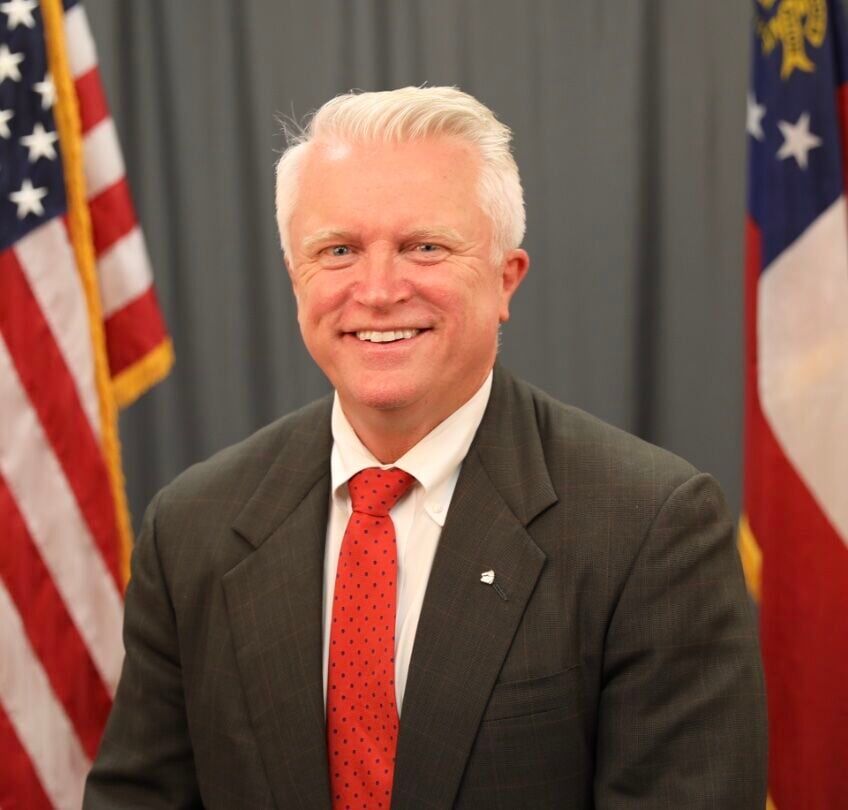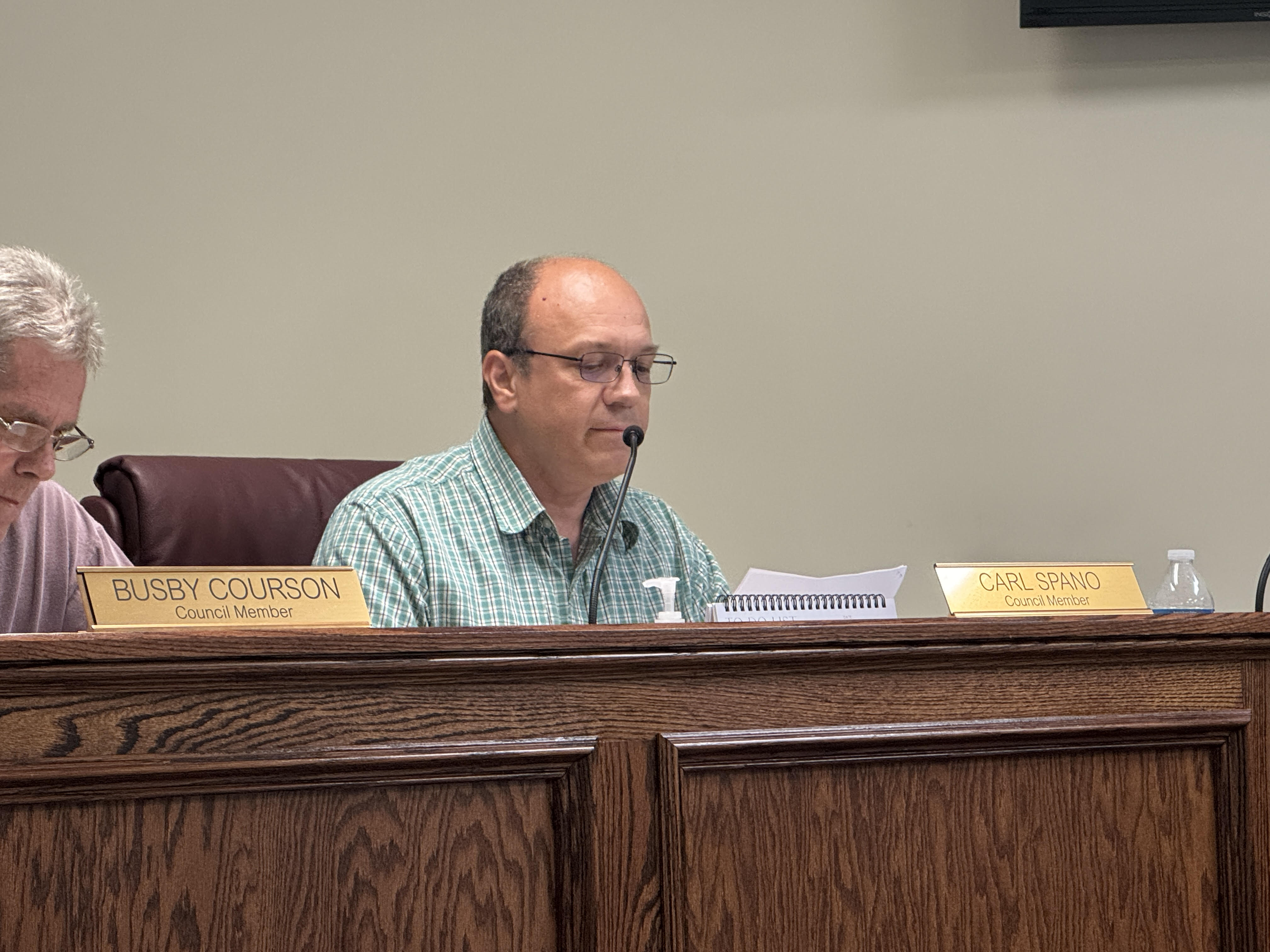Georgia Republicans file bill to advance stalled commission overseeing prosecutors
Published 12:31 pm Tuesday, January 2, 2024

- Georgia Republican Sen. Randy Robertson
ATLANTA — Republicans are set on prioritizing state oversight of local prosecutors.
The only bill pre-filed by Republicans ahead of the Jan. 8 legislative session as of Jan. 2 aims to allow the Prosecuting Attorneys Qualifications Commission to begin accepting complaints against district attorneys and solicitors general.
The bill (SB 332) comes after the Georgia Supreme Court’s November ruling that approved the standards of conduct for the PAQC — as required by its 2023 enabling legislation (SB 92) — is outside the Court’s authority.
“We have seen theatrics take hold in Georgia over the safety and welfare of our communities as some prosecutors promise ‘reform’ and then deliver nothing but ineffectiveness and blatant disregard of the law,” Republican Sen. Randy Robertson of Cataula, sponsor of SB 92, said. “Most of the state’s prosecutors follow the law, adhere to their duties, and their communities remain safe and prosperous, and those individuals should be celebrated. On the other hand, you have a few rogue prosecutors that refuse to prosecute violent criminals, lead defunct and understaffed offices, and impose blanket policies for non-prosecution of crimes.”
Macon Republican Sen. John F. Kennedy co-signed on the pre-filed legislation.
The senators said the proposal is consistent with many state commissions and will allow the PAQC to adopt its internal guidelines and rules. The bill, they say, is modeled after the Judicial Qualifications Commission, which enforces standards of conduct for the state’s judiciary.
Kennedy, president pro-tem of the Senate, said some prosecutors have created unmanageable backlogs in the court system, delayed justice for victims, mismanagement of criminal records, and a perversion of the doctrine of “prosecutorial discretion.”
“We recognize the important role that prosecutors play in our communities and, by pre-filing this bill, affirm our intent to hold rogue prosecutors accountable,” Kennedy said. “We believe this bill reinforces the need for Georgia prosecutors to focus on achieving results in the courtroom, not legislating from the desk to appease fringe constituencies.”
Four attorneys who filed a lawsuit challenging the constitutionality of SB 92 dropped the lawsuit in December following the ruling from the state’s highest court.
However, they vowed to continue fighting future efforts to move the PAQC forward.
“We know some at the state Capitol have already signaled they plan to try again. We stand ready to fight any new efforts to undermine the work of Georgia’s district attorneys and silence the voters who elected us,” said DeKalb County District Attorney Sherry Boston, a Democrat.
Added Josh Rosenthal, legal director of the Public Rights Project: “Our dismissal of this lawsuit allows us to refile new litigation if the Georgia General Assembly passes new legislation that violates the state and federal constitutions. The fight is not over, and we are prepared to defend the rights of Georgia voters and their ability to elect local prosecutors who can advance their vision for safety and justice in their communities.”
According to the state Constitution, prosecutors can be “disciplined, removed or involuntarily retired as provided by general law.” The Constitution also states that they must “perform such other duties as shall be required by law.”
Duties, per the Constitution, include reviewing cases and making prosecutorial decisions based on the individual case.
SB 92 authorizes the Republican-appointed PAQC to investigate and remove local prosecutors from office.
The bill states that prosecutors are required to “review every individual case for which probable cause for prosecution exists, and make a prosecutorial decision under the law based on the facts and circumstances of each individual case. …”
The commission has been unable to move on complaints until its rules and procedures are approved by the Georgia Supreme Court. The court expressed concerns about its constitutional authority to regulate the general conduct of district attorneys and solicitors general by approving the PAQC’s draft rules and standards.
“If district attorneys exercise judicial power, our regulation of the exercise of that power may well be within our inherent power as the head of the judicial branch,” the Court said. “But if district attorneys exercise only executive power, our regulation of the exercise of that power would likely be beyond the scope of our judicial power.”





